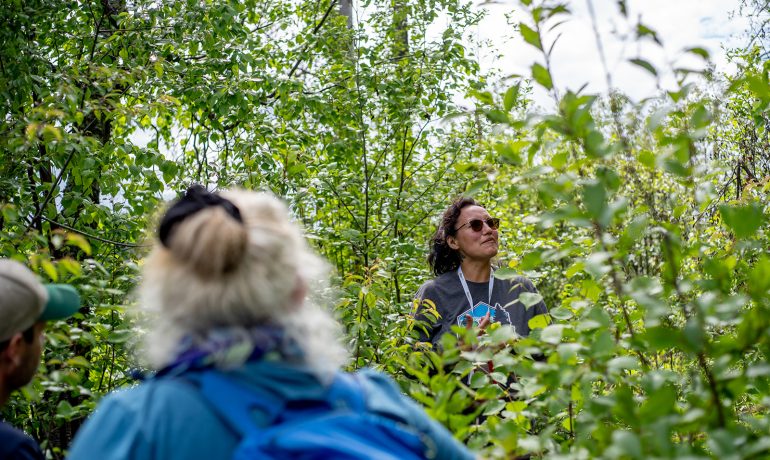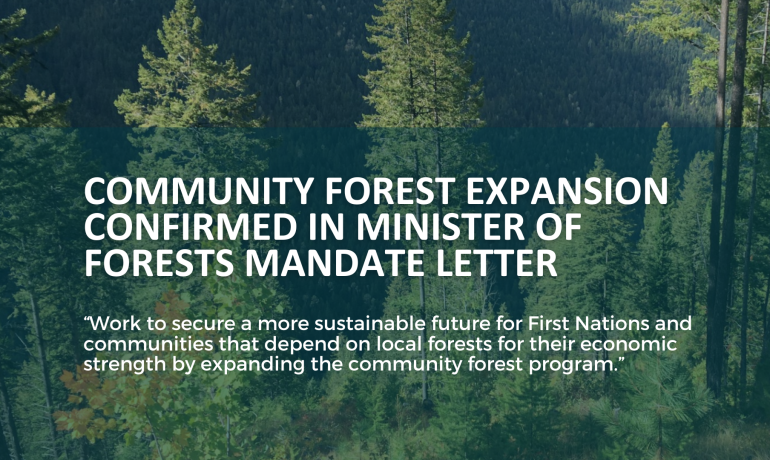Forestry journalist Gordon Hamilton shares his opinion on solutions to issues in BC’s forests below.
Communities throughout the British Columbia Interior are facing an economic crisis as the combined effects of beetle epidemics, forest fires and external market forces take their toll on what was once North America’s most robust forest industry.
“We are in a crisis. We know things are broken,” says Joan Atkinson, mayor of the northern B.C. town of Mackenzie, where 600 sawmill workers, loggers, truck drivers and others have been sent home as a result of sawmill closures. Canfor has closed its mill indefinitely and Conifex has extended a temporary curtailment at its mill. By the end of July, the first down-stream impact hit when Parallel 55, a value-added finger joint mill, shut down as it could no longer source trim end materials from the town’s sawmills.
In a town of 3,700, more than 15 per cent of the population are either temporarily or indefinitely out of work. The unemployment rate could jump to 25 per cent if the pulp mill goes down as well. Workers there have been told the mill has only a three-week supply of wood chips.
The story unfolding in Mackenzie is not unique. Since the beginning of May, 38 Interior forest products operations have laid off workers through either permanent plant closures, reductions in shifts, indefinite curtailments or temporary curtailments. Most of the closures are in communities in the North and in the Central Interior, regions where 32,500 people work in forestry. From 100 Mile House to the Yukon border one job in five is tied to the forest industry. Thousands in these forestry-dependent communities have been affected by the closures.
In the central Interior, when West Fraser announced June 17 that it was eliminating a shift at its 100 Mile House sawmill and shutting down its Chasm sawmill near Cache Creek, the mayor of nearby Clinton called the shutdown a “kick to the stomach” for the region.
Those two closures put 210 people out of work. Long-time Chasm worker Tom Moe told the 100 Mile Free Press that young employees took the news the hardest.
“Between fires and beetle kill, we’re running out of wood. I don’t think we’ll be the last mill to go,” Moe told the newspaper.
Other towns hit by permanent closures include:
- Fort St. James, which declared a state of financial crisis in the wake of a Conifex mill closure there that put 170 people out of work.
- Quesnel, where the shutdown of a Tolko sawmill, affected 149 people. Tolko also permanently cut a shift from its Kelowna operation, impacting another 90 people there.
- Vavenby, where 172 people are affected by the closure of Canfor’s mill.
- 100 Mile House, hit again with the closure of Norbord’s oriented strand board mill, laying off 160 people.
At Quesnel, people are already feeling the impact of Tolko’s departure. Kathy Somerville, manager of the Quesnel & District Chamber of Commerce, says it’s uncertain how many jobs in total will be lost when the last log goes though at the end of August, she says, as jobs in contract logging, trucking and other supply services will be lost as well.
“This is huge,” Somerville says. “And there is definitely more to come. We need help.”
IMAGE: Resource Works
Related Post
As Published in Canadian Forest Industries Magazine, Pulp & Paper Magazine and Canadian Biomass Magazine
Jennifer Gunter’s Op Ed, “Community Forests: Rooted in Community,
Minister of Forests Mandated to Expand BC’s Community Forest Program
In the recently released mandate letter to the Minister



